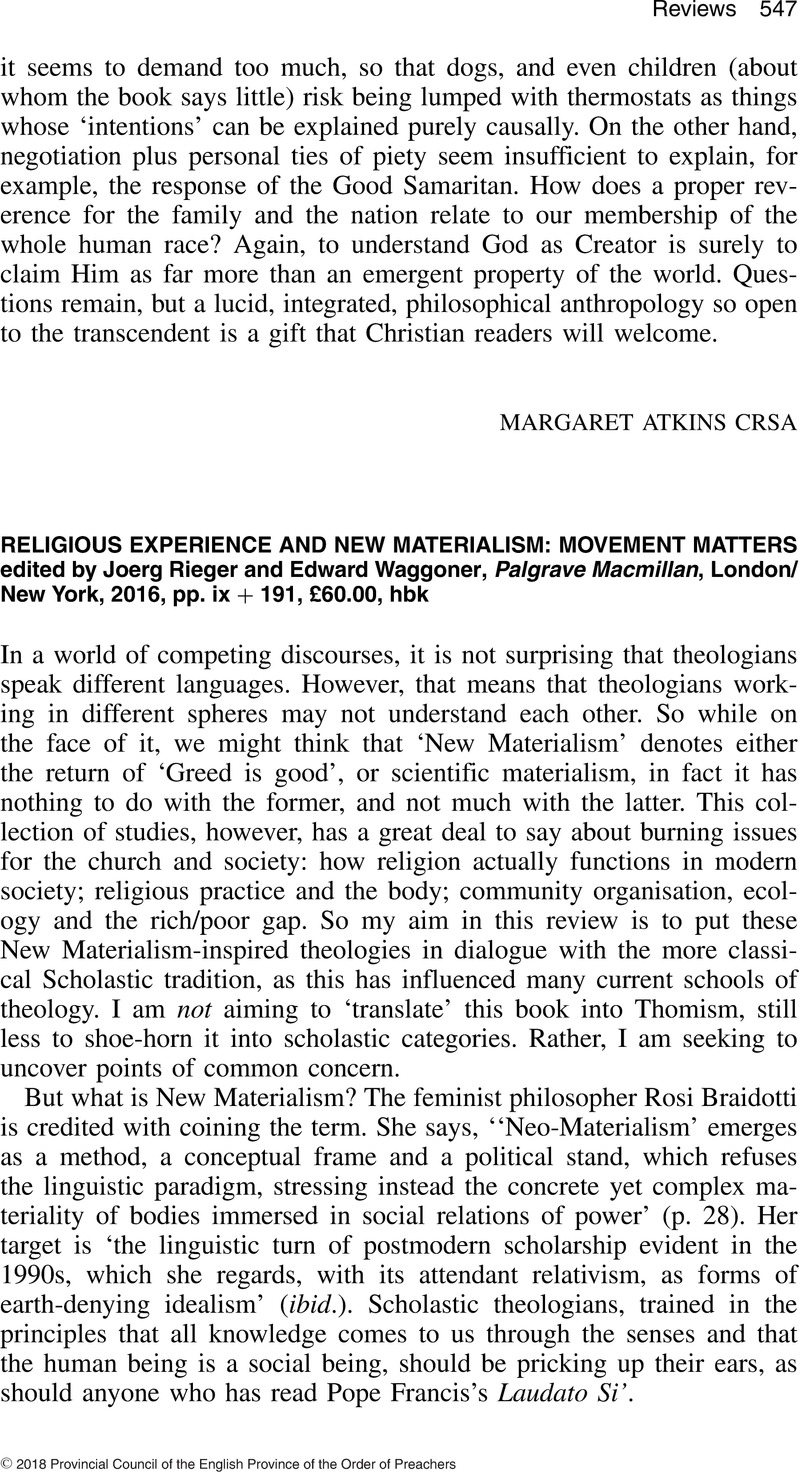Crossref Citations
This article has been cited by the following publications. This list is generated based on data provided by Crossref.
Bennett, Daniel L.
2014.
A Tale of Two Capitalisms: Perilous Misperceptions About Capitalism, Entrepreneurship, Government, and Inequality.
SSRN Electronic Journal,



